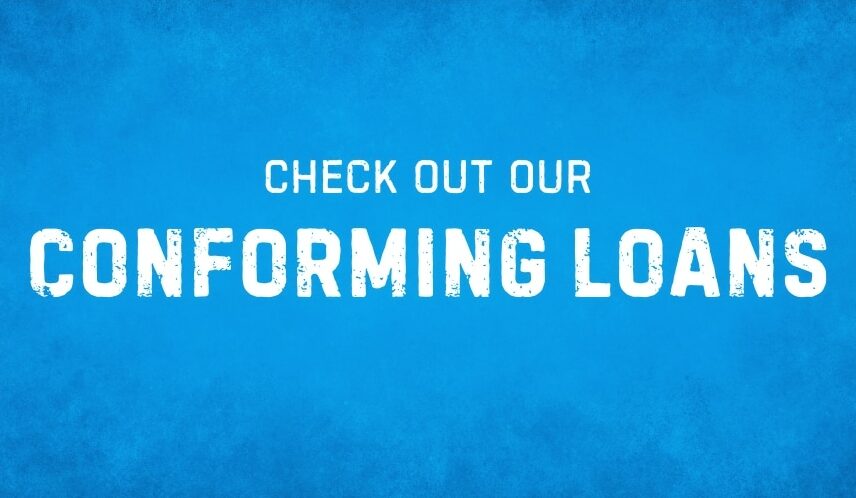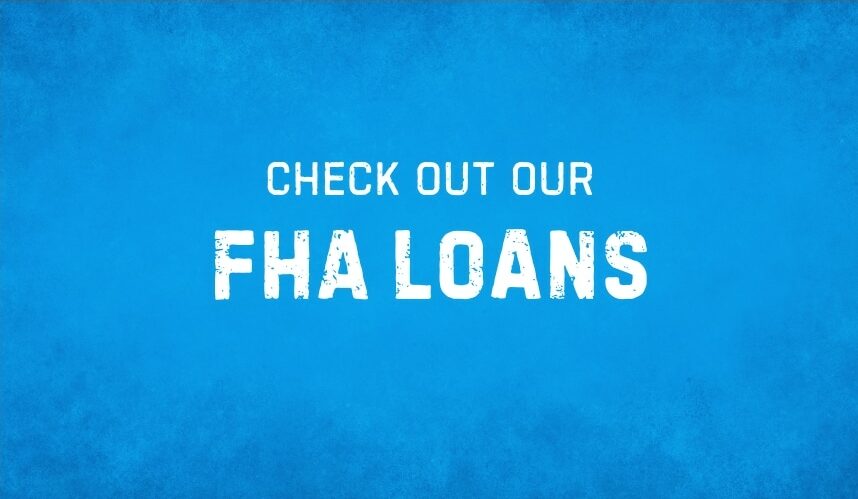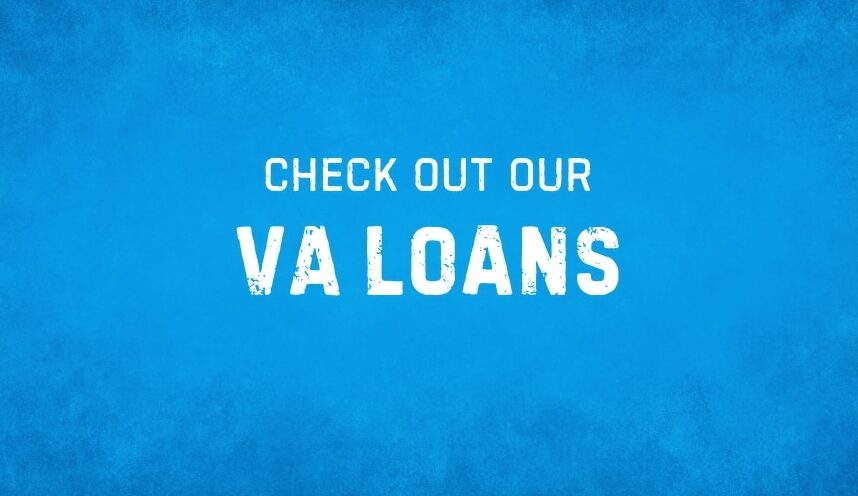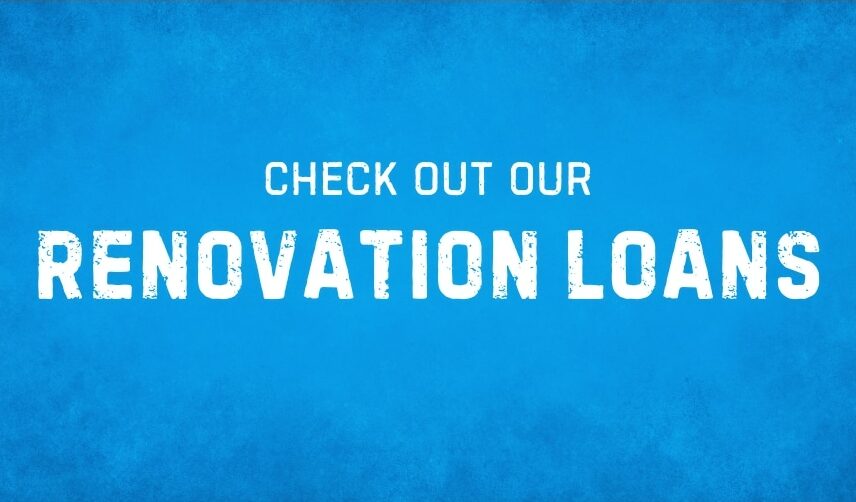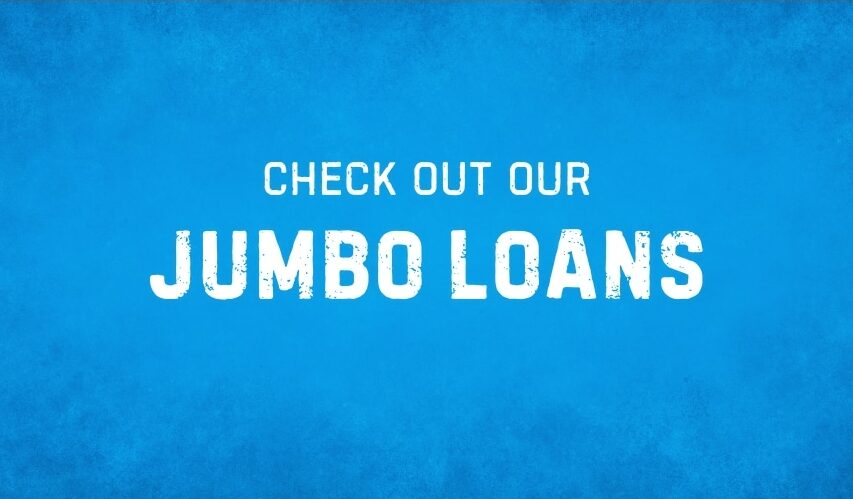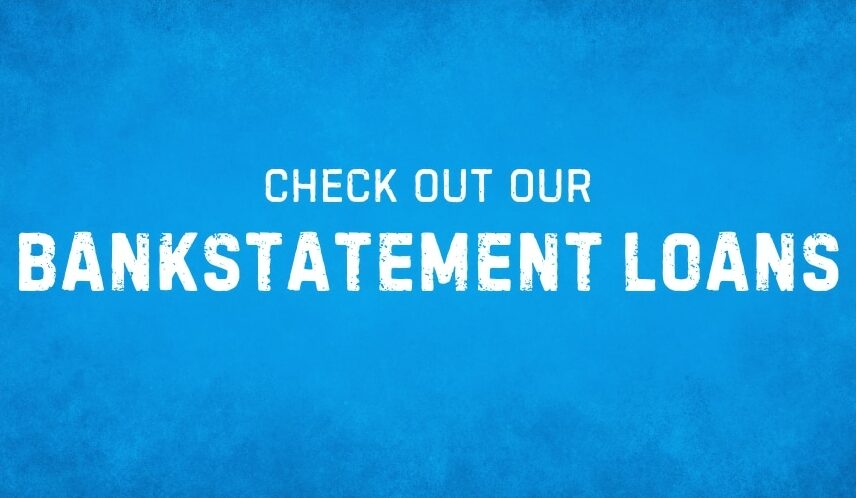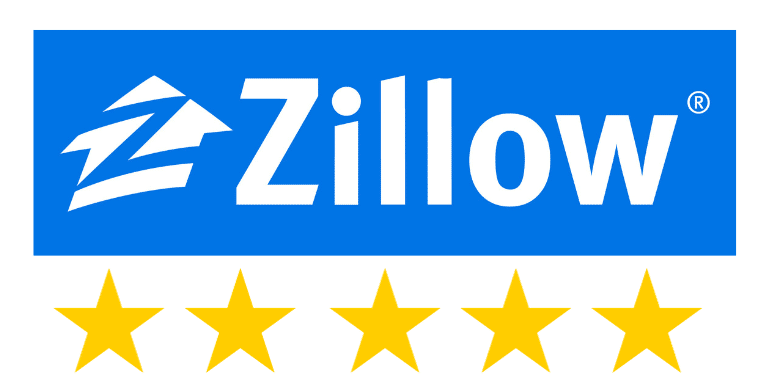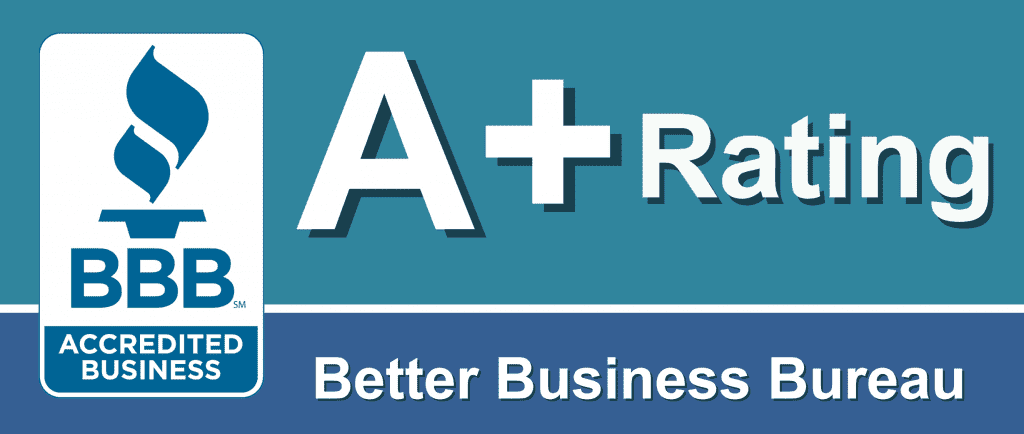
Top Ten Mistakes When Obtaining An Equity Line
Below is a list of top ten Mistakes when obtaining an equity line.
1. Not Checking To See If You Have A Pre-Payment Penalty Clause
If you are getting a “NO FEE” credit line, chances are it has a pre-payment penalty clause. This can be very important (and expensive) if you are planning to sell or refinance your home in the next three to five years. Some pre-payment penalties are small and some are in thousands; make sure you ask the right questions so you know exactly what to expect if you end up closing out the equity line early.
2. Getting Too Large A Credit Line
When you get too large a credit line, you can be turned down for other loans. Some lenders calculate your credit line payments based upon the available credit, even when your credit line has a zero balance. Having a large credit line indicates a large potential payment, which makes it difficult to qualify for loans. Only borrower what you need to borrow.
3. Not Understanding The Difference Between An Equity Loan And A Credit Line
An equity loan is closed–i.e., you get all your money up front, then make payments on that fixed loan amount until the loan is paid. An equity credit line is open–i.e., you can get an initial advance against the line, then reuse the line as often as you want during the period the line is open.
Most credit lines are accessed through a checkbook or a credit card. Credit line payments are based upon the outstanding balance. Use an equity loan when you need all the money up front–e.g. home improvements or debt consolidation. Use a credit line if you have an ongoing need for money or need the money for a future event–e.g., you need to pay for your child’s college tuition in three years.
4. Not Checking The Life-Cap On Your Equity Line
This is a big one and most people don’t know it exist. Many credit lines have life-caps of 18% – 24%. If your equity line of credit has a high life time cap then you need to be prepared to make high interest payments if rates move upwards. It’s a mistake to think it could never go as high as the cap.
5. Getting A Credit Line From Your Local Bank Without Shopping Around
Many consumers get their credit line from the bank with which they have their checking account. Shop around before deciding to use your bank. Different banks offer different solutions and you should take advantage of any promotions a bank is offering on a new line of credit.
6. Not Getting A Loan Estimate Of Closing Costs
Within three working days after receipt of your completed loan application, your mortgage company is required to provide you with a written estimate of closing costs. Make sure you review this closely so you clearly understand all the fees and the interest rate.
7. Assuming That The Interest On Your Home Credit Line/Loan Is Tax Deductible
In some instances, the interest on your home credit line is NOT tax deductible. It is beyond the scope of this document to provide tax advice or quote from the IRS code. Contact an accountant or CPA to determine your particular situation.
8. Assuming A Home Equity Line Is Always Cheaper Than A Car Loan Or A Credit Card
A credit card at 6.9% can be cheaper than a credit line at 12%, even after the tax deduction. To compare rates, compare the effective rate of your credit line with the rate on a credit card or auto loan. Effective rate = rate * (1 – tax_bracket).
Here is an example: If the rate of the home equity credit line is 12% and your tax bracket is 30%, your effective rate is 12% * (1 – 0.3) = 12% * 0.7 = 8.4%. If your credit card is higher than 8.4%, the credit line is cheaper. Besides the interest rate, you may also want to compare monthly payments and other terms of the loan.
9. Getting A Home Equity Credit Line If You Plan To Refinance Your First Mortgage In The Near Future
Many mortgage companies look at the combined loan amounts (i.e., the first loan plus the equity line/loan) even though they are refinancing only the first mortgage. If you plan on refinancing your first loan, check with your mortgage company to determine if getting a second line/loan will cause your refinance to be turned down.
Do You have a question or need a quote?
Contact KevinLow rates, fast closings, and exceptional service.
10. Getting A Home Equity Credit Line To Pay Off Your Credit Cards If Your Spending Is Out Of Control!
When you pay off your credit cards with your credit line, don’t put your home on the line by charging large amounts on your credit cards again! If you can’t manage the plastic, get rid of it!

